How secure are royal palaces?
Royal family's safety is back in the spotlight after the latest security breach at Windsor
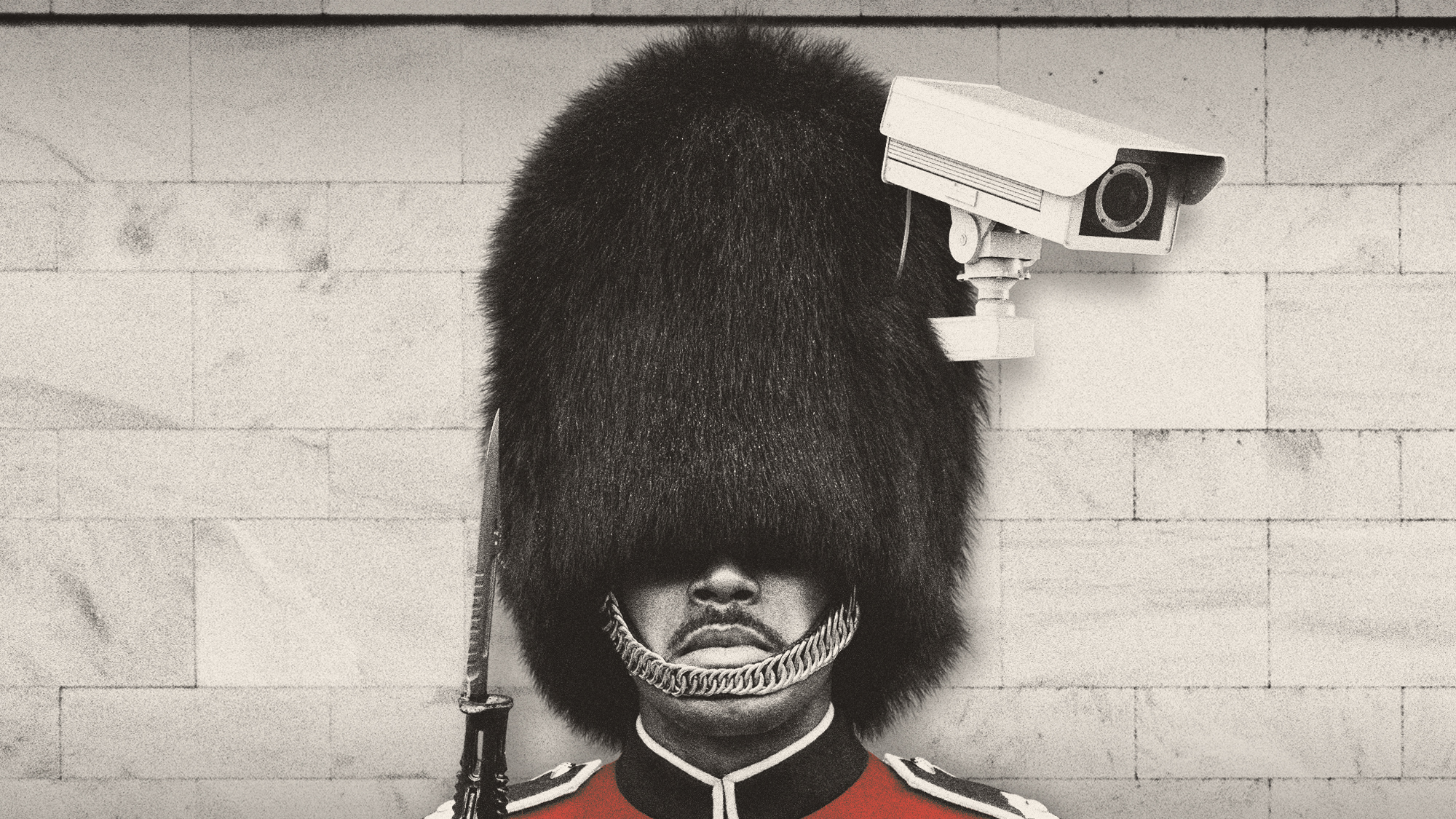
A free daily email with the biggest news stories of the day – and the best features from TheWeek.com
You are now subscribed
Your newsletter sign-up was successful
Security at Windsor Castle is under heightened scrutiny after burglars smashed their way through a security barrier at an entrance to the famous royal estate.
Two vehicles were stolen from a property within the Windsor estate, and the raid last month "follows other security breaches in Windsor" in recent years, said ITV News.
In February a man was detained under the mental health act after being found close to King Charles's private apartments. And on Christmas Day in 2021, a man appeared at Windsor Castle brandishing a crossbow with plans to assassinate the Queen. Jaswant Singh Chail, 21, had scaled the perimeter of the castle with a nylon rope ladder and was in the grounds for two hours before officers confronted him with tasers. He was jailed later for nine years for treason.
The Week
Escape your echo chamber. Get the facts behind the news, plus analysis from multiple perspectives.

Sign up for The Week's Free Newsletters
From our morning news briefing to a weekly Good News Newsletter, get the best of The Week delivered directly to your inbox.
From our morning news briefing to a weekly Good News Newsletter, get the best of The Week delivered directly to your inbox.
What security is there at Windsor Castle?
There is a "layered system of protection" for members of the royal family in Windsor, said ITV News. There are "a number of entrances and exits available for any royal convoy leaving or arriving at the Castle" and the royal protection teams regularly change their routes "to avoid creating a pattern, should anyone be watching their movements".
Police guards and surveillance cameras are "intended to be the first line of defence" and an intruder "would have to get through many more layers of security" before "reaching a member of the Royal Family".
What about Buckingham Palace?
Security at the Palace was called into question in 2003 when an undercover reporter "exposed flaws" in the system by getting a job as a footman at Buckingham Palace "by using a false reference", said the BBC.
Ryan Parry worked at the Palace for two months, despite "unprecedented security" being in place for the visit of US president George Bush. "Had I been a terrorist intent on assassinating the Queen or American president George Bush, I could have done so with absolute ease," said the Mirror reporter.
A free daily email with the biggest news stories of the day – and the best features from TheWeek.com
Nowadays, Buckingham Palace is "carefully kitted out with state-of-the-art CCTV cameras that monitor the grounds 24/7", said Hello! There is also the "physical presence" of armed guards outside, who are trained to "stop any threats to the palace and to the royals". There are "strict rules around the airspace" in that part of central London, and it is believed the palace is "full of secret passageways" and the walls are "equipped with spikes".
Buckingham Palace reportedly has panic rooms "encased in 18in thick, bullet-resistant, fire-retardant steel walls", said Global Citizen. They are "designed to withstand poison gas, bombs or terrorists attacks" and have secure communications, beds, washing equipment and "enough food and water for the royals to survive for at least a week".
Have intruders ever reached the royals?
In July 1982, a man broke into Buckingham Palace and spent 10 minutes talking to the Queen in her bedroom. Michael Fagan, 31, scaled the walls around the palace and climbed a drain-pipe up to the monarch's private apartments.
It was the sixth breach of security at the palace that year and raised "serious questions" about "how well protected" the monarch was, said the BBC.
But it was "the first time that private royal apartments have been penetrated" since Queen Victoria's reign, although the Queen Mother "disturbed an army deserter" in her bathroom during the Second World War.
After the Fagan incident, security was stepped up and a 24-hour police presence was introduced outside royal apartments. But even this was "light by American standards", said The New York Times at the time, because "traditionally, the royal family has preferred a minimum of security so as to limit the disruption to their lives and the barriers from the people".
Chas Newkey-Burden has been part of The Week Digital team for more than a decade and a journalist for 25 years, starting out on the irreverent football weekly 90 Minutes, before moving to lifestyle magazines Loaded and Attitude. He was a columnist for The Big Issue and landed a world exclusive with David Beckham that became the weekly magazine’s bestselling issue. He now writes regularly for The Guardian, The Telegraph, The Independent, Metro, FourFourTwo and the i new site. He is also the author of a number of non-fiction books.
-
 How the FCC’s ‘equal time’ rule works
How the FCC’s ‘equal time’ rule worksIn the Spotlight The law is at the heart of the Colbert-CBS conflict
-
 What is the endgame in the DHS shutdown?
What is the endgame in the DHS shutdown?Today’s Big Question Democrats want to rein in ICE’s immigration crackdown
-
 ‘Poor time management isn’t just an inconvenience’
‘Poor time management isn’t just an inconvenience’Instant Opinion Opinion, comment and editorials of the day
-
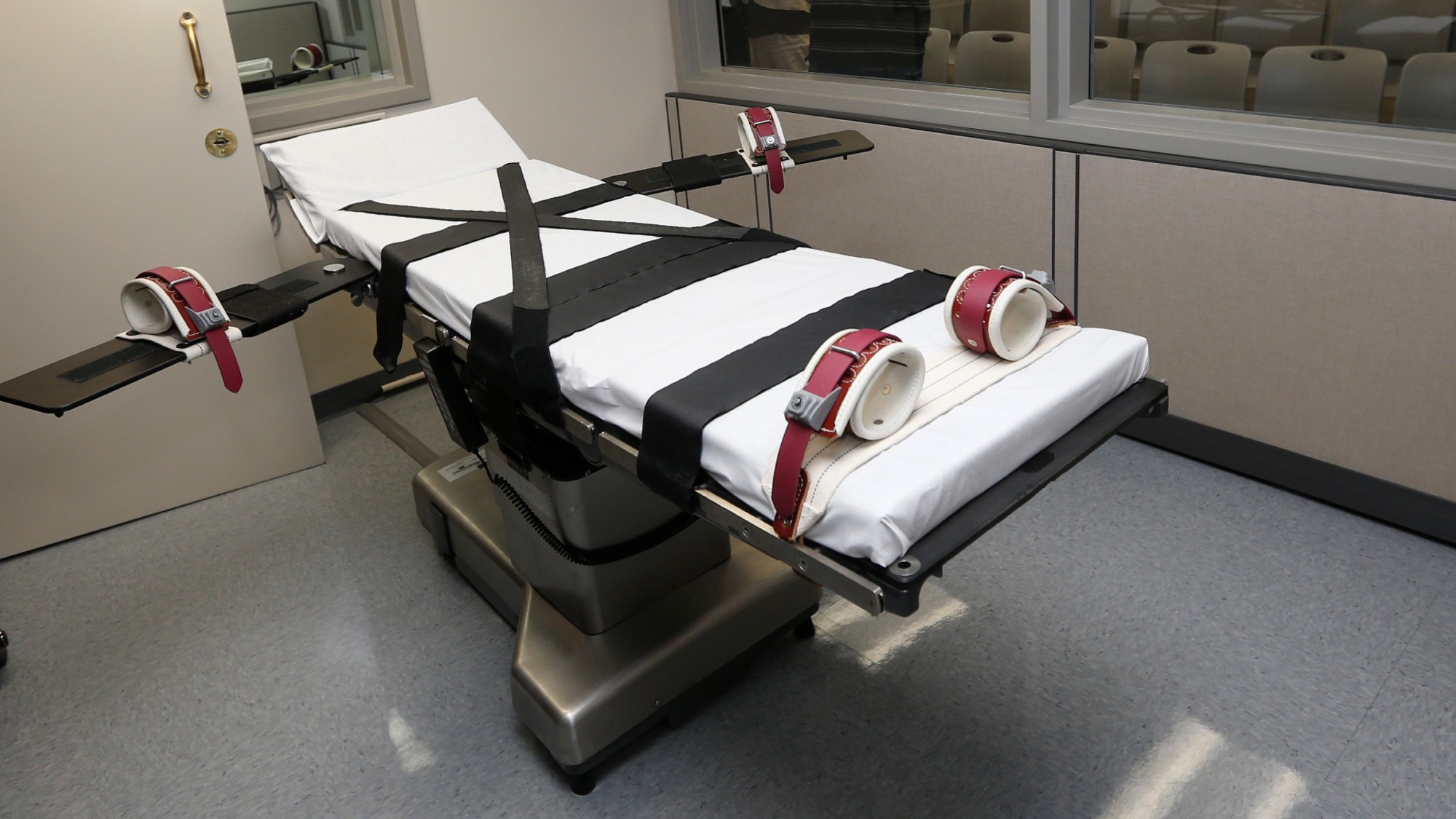 Executions are on the rise in the US after years of decline
Executions are on the rise in the US after years of declineThe Explainer This year has brought the highest number of executions in a decade
-
 Trump lambasts crime, but his administration is cutting gun violence prevention
Trump lambasts crime, but his administration is cutting gun violence preventionThe Explainer The DOJ has canceled at least $500 million in public safety grants
-
 Insects and sewer water: the alleged conditions at 'Alligator Alcatraz'
Insects and sewer water: the alleged conditions at 'Alligator Alcatraz'The Explainer Hundreds of immigrants with no criminal charges in the United States are being held at the Florida facility
-
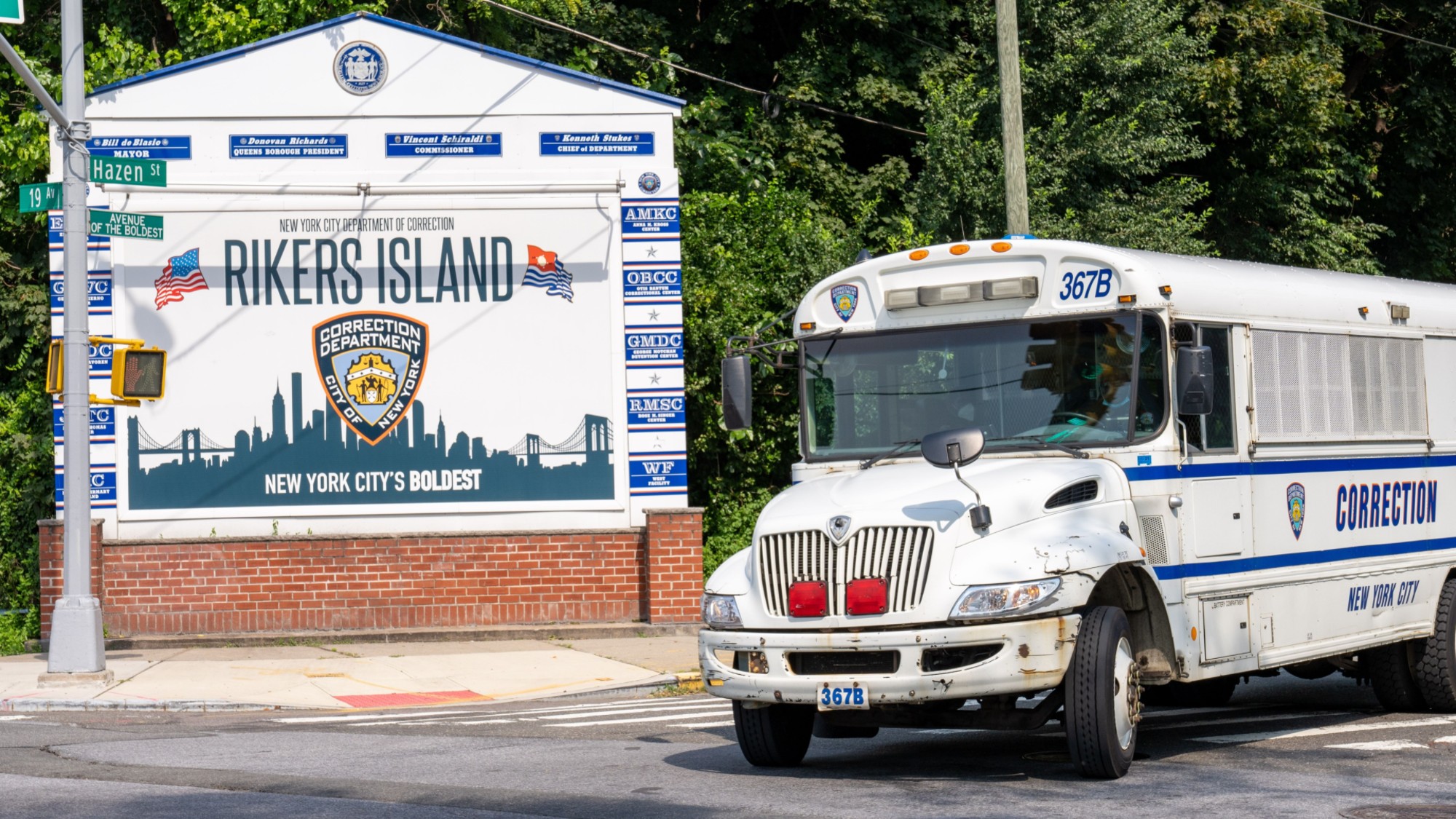 Why Rikers Island will no longer be under New York City's control
Why Rikers Island will no longer be under New York City's controlThe Explainer A 'remediation manager' has been appointed to run the infamous jail
-
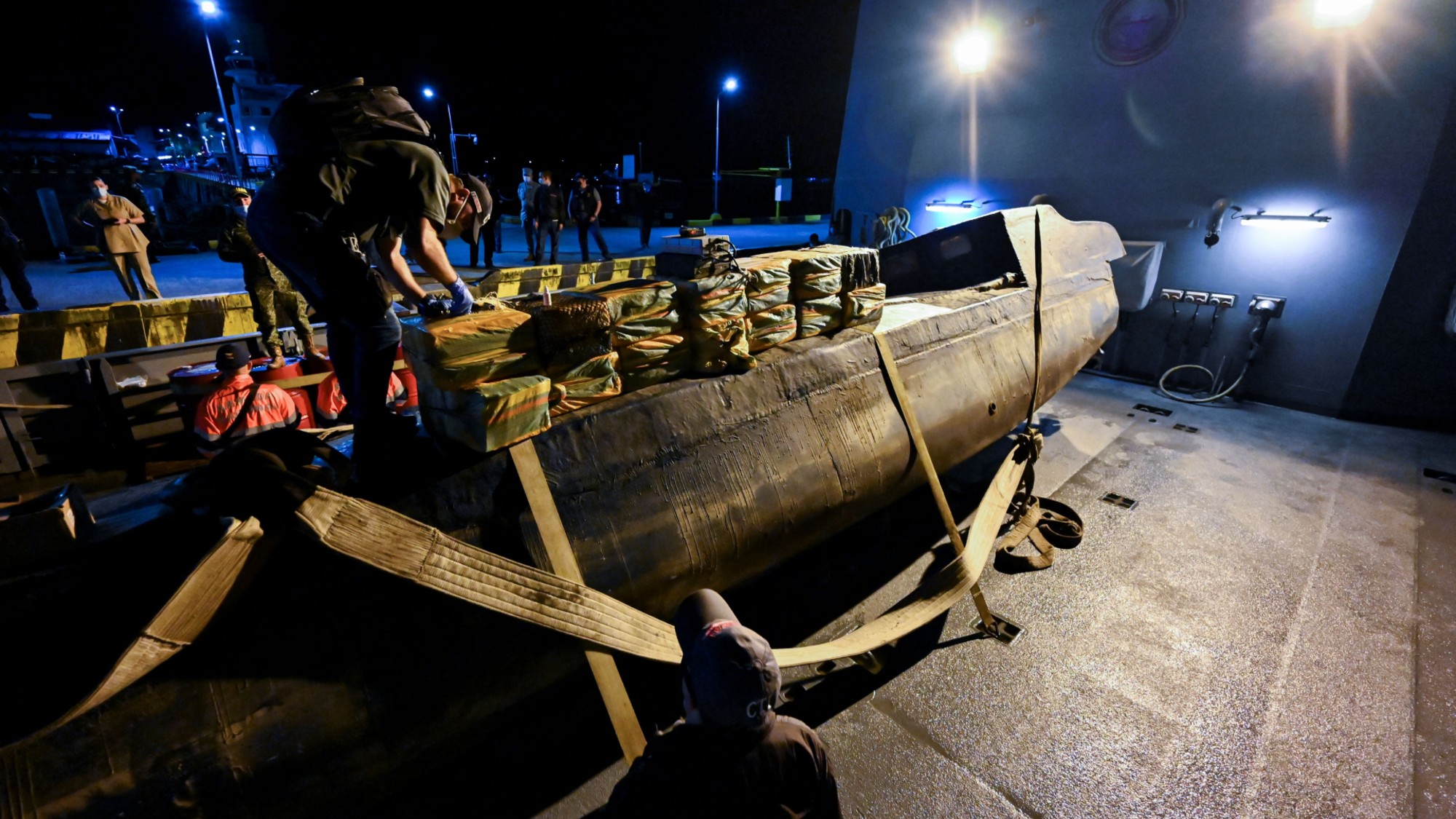 Narco subs are helping to fuel a global cocaine surge
Narco subs are helping to fuel a global cocaine surgeThe Explainer Drug smugglers are increasingly relying on underwater travel to hide from law enforcement
-
 How people-smuggling gangs work
How people-smuggling gangs workThe Explainer The Government has promised to 'smash' the gangs that smuggle migrants across the Channel. Who are they and how do they work?
-
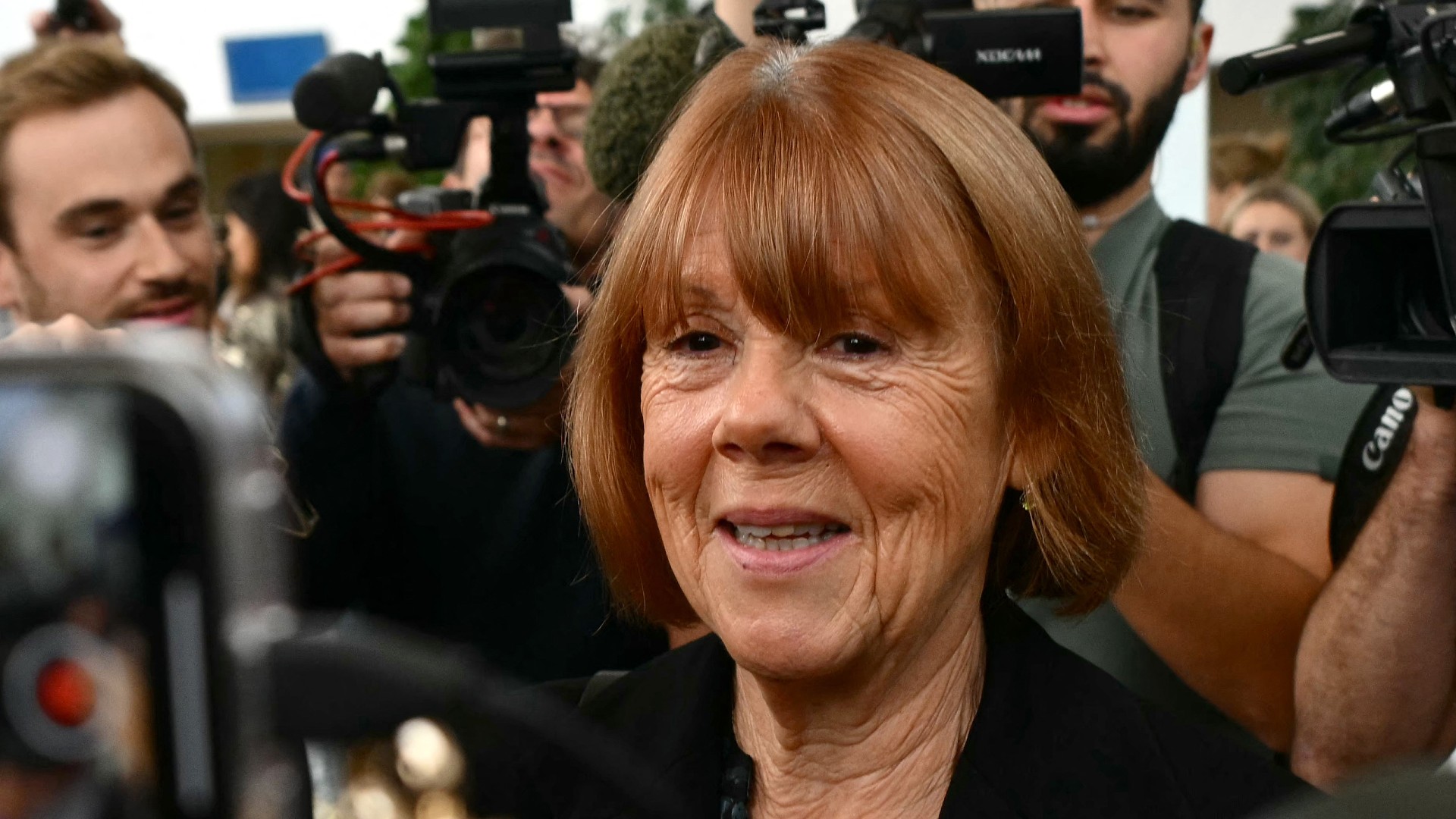 Gisèle Pelicot: the case that horrified France
Gisèle Pelicot: the case that horrified FranceThe Explainer Survivor has been praised for demanding a public trial of the dozens of men accused of raping her
-
 Inside Marseille's deadly drug wars
Inside Marseille's deadly drug warsThe Explainer Teenage hitmen recruited through social media are lured by money and gang 'brand'